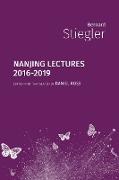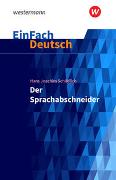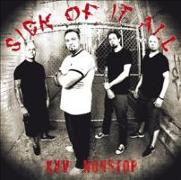Nanjing Lectures
BücherAngebote / Angebote:
French philosopher Bernard Stiegler began his annual lecture series at Nanjing University in 2016, offering eight lectures per year. The first four years of these lectures are included in this volume and amount to a distillation of the movement of his work in this period as well as an engagement with China at a time when its place in the questions about the global future is becoming increasingly central. This movement and this engagement are in fact conjoined, because since 2014 Stiegler's questions have been increasingly concerned with global problems, that is, with thinking the so-called Anthropocene at a profound level and in relation to the philosophical failure to reckon with the manifold and indeed "cosmic" consequences of the entropic and thermodynamic revolution. The first year's lectures introduce these questions via Stiegler's concept of automatic society and technological and speculative questions emerging from the work of Heidegger and Marx. The 2017 lectures begin with the decision of Oxford Dictionaries to make "post-truth" the word of the year, taking this as an opportunity to understand the implications for Heidegger's "history of being", "history of truth" and Gestell, before entering into a lengthy and original consideration of the relationship between Socrates and Plato (and of tragic Greece in general) and its meaning for the history of Western philosophy. The 2018 lectures traverse a path from Foucault's biopower to psychopower to neuropwer, and then to a critique of neuroeconomics, conducted through Stiegler's revision of the Husserlian account of retention to focus on the irreducible connection between human memory and technological memory, culminating in reflections on the significance of neurotechnology in platform capitalism. The 2019 lectures introduce the concept of hyper-matter as necessary for an epistemology that escapes the trap of opposing the material and the ideal, in order to respond to the need for a new critique of the notion of information and technological performativity (of which Moore's law both is and is not an example) in an age when the biosphere has become a technosphere.
Folgt in ca. 10 Arbeitstagen




